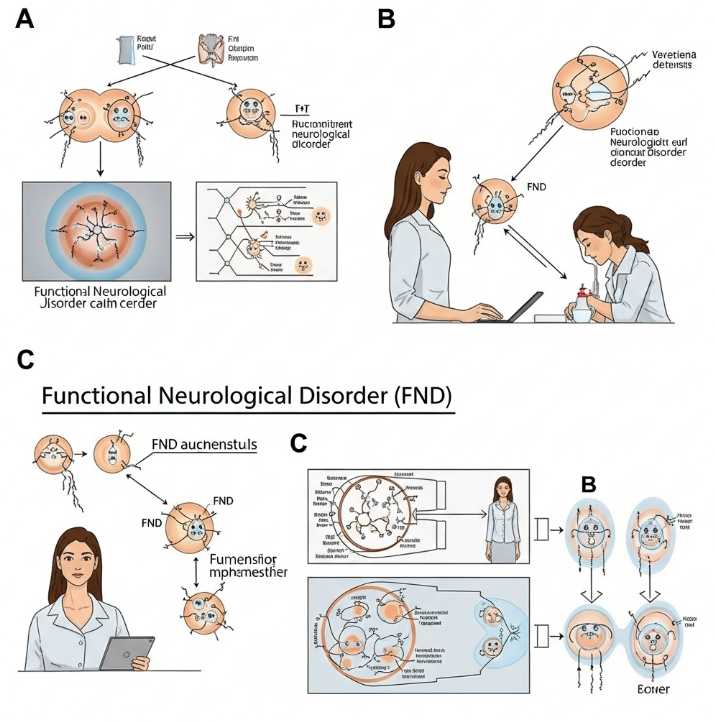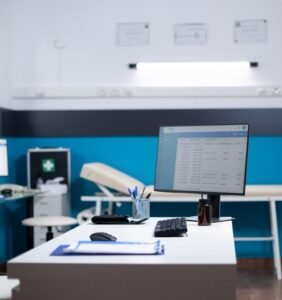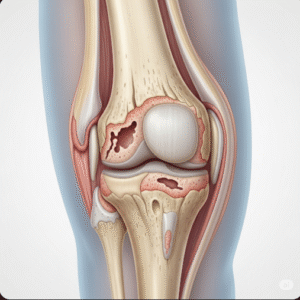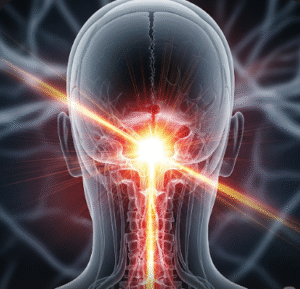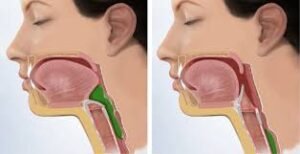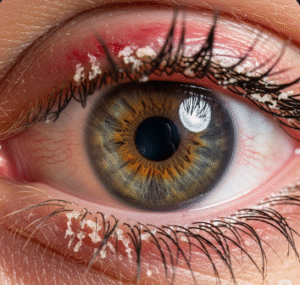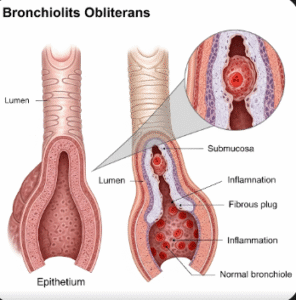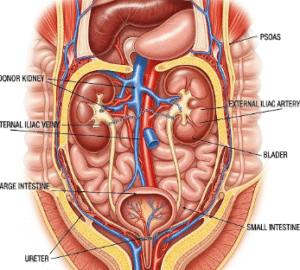Overview
Functional Neurological Disorder (FND) is a condition where patients experience neurological symptoms such as weakness, movement disorders, sensory disturbances, or non-epileptic seizures without structural or organic brain disease. These symptoms are real and can significantly affect daily life, but their origin lies in abnormal nervous system functioning rather than a detectable structural lesion.
In Korea, awareness of FND is increasing among neurologists and psychiatrists. Advanced neuroimaging and clinical assessment techniques help differentiate FND from structural neurological disorders, allowing for tailored therapy. Multidisciplinary approaches involving neurology, psychiatry, physical therapy, and rehabilitation medicine are commonly used in Korea.
What is Functional Neurological Disorder?
FND, previously known as conversion disorder, occurs when normal nervous system pathways are disrupted, leading to symptoms like:
- Weakness or paralysis
- Tremors or abnormal movements
- Non-epileptic seizures
- Sensory changes such as numbness or tingling
The disorder is not faked; symptoms are involuntary and often triggered or worsened by stress, trauma, or psychological factors.
Symptoms
Symptoms vary widely and may mimic other neurological disorders:
- Limb weakness or paralysis
- Tremors, spasms, or abnormal gait
- Loss of balance or coordination
- Non-epileptic seizures (sudden shaking or collapse without EEG changes)
- Numbness, tingling, or loss of sensation
- Speech difficulties (slurred or blocked speech)
- Fatigue and cognitive complaints (concentration issues)
Causes
- Psychological stress or trauma
- Post-infectious or post-injury onset
- Functional abnormalities in brain networks controlling movement and sensation
- Interaction between cognitive, emotional, and motor systems
Exact causes remain complex and multifactorial, with both neurological and psychological contributions.
Risk Factors
- History of mental health conditions (anxiety, depression, PTSD)
- Previous physical injury or neurological illness
- Female sex (more commonly diagnosed in women)
- Significant psychosocial stressors
- Genetic and environmental predispositions are being studied
Complications
- Chronic disability affecting work and daily life
- Muscle atrophy or joint stiffness due to immobility
- Secondary psychological issues such as anxiety, depression, or social isolation
- Misdiagnosis leading to unnecessary treatments or surgeries
- Reduced quality of life and social participation
Prevention
- Early recognition and diagnosis
- Stress management and counseling
- Maintaining physical activity to prevent deconditioning
- Early referral to specialists when unexplained neurological symptoms appear
- Patient and family education to reduce stigma and promote understanding
Treatment Options in Korea
Diagnosis
- Comprehensive neurological examination to rule out structural causes
- Video EEG for patients with seizure-like events
- Neuroimaging (MRI, fMRI) to assess brain network function
- Use of clinical criteria (e.g., DSM-5) to confirm FND
Medical Treatments
- Psychotherapy: cognitive behavioral therapy (CBT) is highly effective
- Medication for comorbid conditions (anxiety, depression, insomnia)
- Education and reassurance about the nature of the disorder
- Symptom-specific therapies: e.g., medications for pain or tremors if present
Surgical or Advanced Therapies
- Surgery is not indicated for FND unless comorbid structural issues exist
- Advanced rehabilitation programs use neurofeedback, functional movement retraining, and physiotherapy
- Non-invasive neuromodulation techniques (TMS, rTMS) are under study in Korean research centers
Rehabilitation and Support
- Physical therapy to retrain movement and strength
- Occupational therapy to restore daily function
- Speech therapy for communication impairments
- Support groups and counseling to reduce stigma and improve coping
- Long-term follow-up to monitor symptoms and prevent relapse

